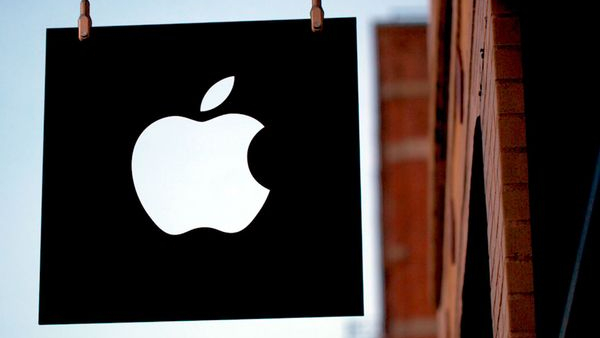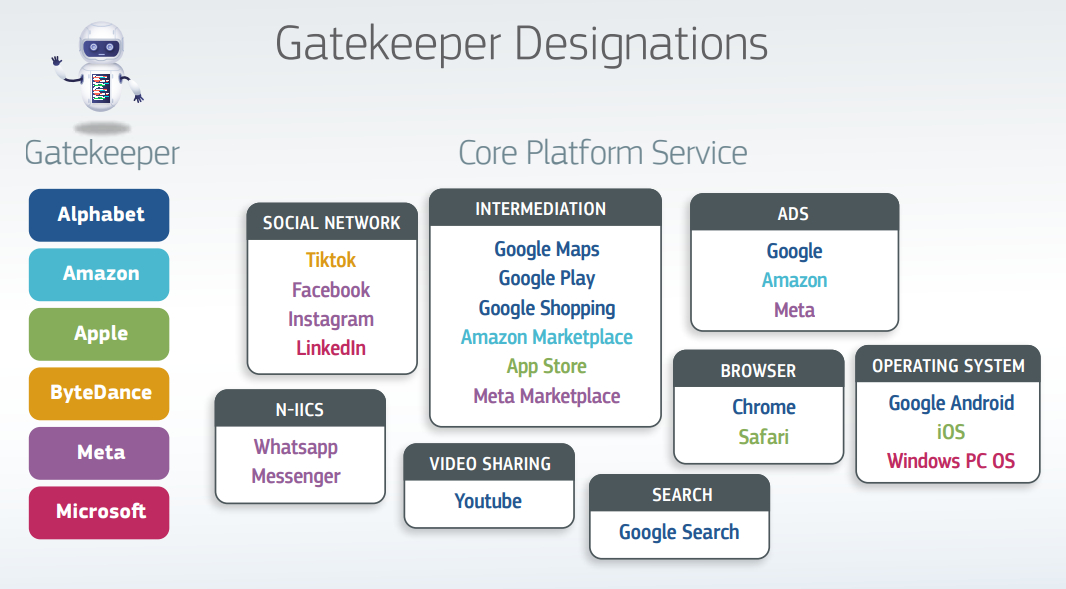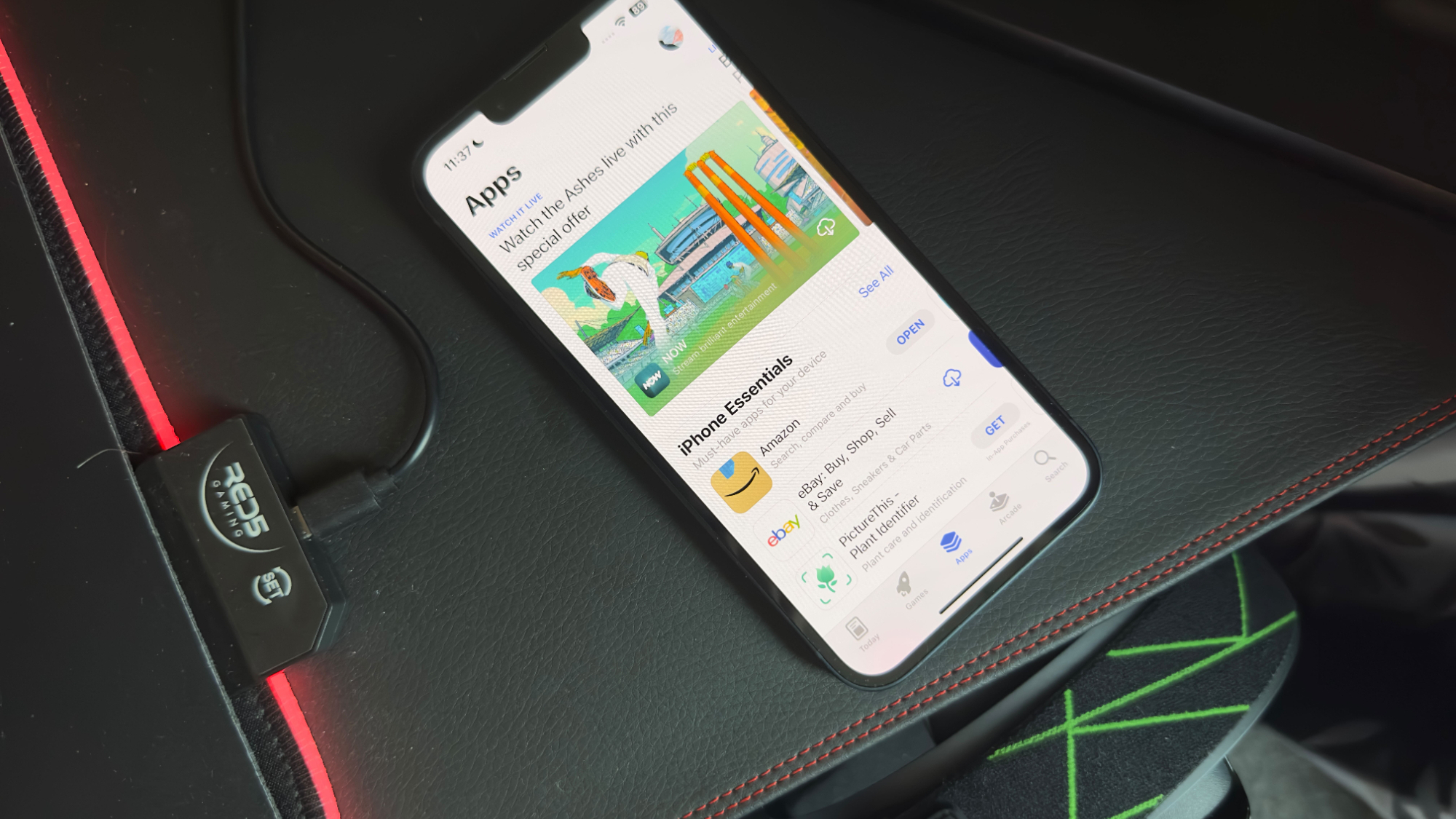Apple hits back as EU brands it 'gatekeeper' in landmark move
Apple is not happy.

Apple has hit back at today's EU announcement that the company is one of six gatekeepers in the digital space, following the first landmark designation from the European Commission under its new Digital Markets Act.
In a press release, the European Commission stated Wednesday that it "has today designated, for the first time, six gatekeepers - Alphabet, Amazon, Apple, ByteDance, Meta, Microsoft - under the Digital Markets Act (DMA). In total, 22 core platform services provided by gatekeepers have been designated. The six gatekeepers will now have six months to ensure full compliance with the DMA obligations for each of their designated core platform services."

Apple has been accused of being a gatekeeper with regard to its Safari browser and iOS operating system, as well as the App Store, but the EU is also going to conduct an investigation into iMessage following Apple's assertion it doesn't meet the 45 million monthly active user threshold.
“We remain very concerned about the privacy and data security risks the DMA poses for our users. Our focus will be on how we mitigate these impacts and continue to deliver the very best products and services to our European customers," the company told iMore in a statement regarding today's announcement.
On the impending iMessage investigation, Apple told us "iMessage is a great service that Apple users love because it provides an easy way to communicate with friends and family while offering industry-leading privacy and security protections. Consumers today have access to a wide variety of messaging apps, and often use many at once, which reflects how easy it is to switch between them. iMessage is designed and marketed for personal consumer communications, and we look forward to explaining to the commission why iMessage is outside the scope of the DMA." The company did not address the question of how many users Apple has with regards to its iMessage platform in the EU, the magic number is 45 million, as set by the new law.
Surprisingly, the EC has also revealed its plans to launch an investigation "to further assess whether Apple's iPadOS should be designated as gatekeeper, despite not meeting the thresholds," a move Apple is certain to push back on.
What happens now?

The EC will hopefully decide within the next five months whether iMessage meets its gatekeeper requirements but with regard to Safari, iOS, and its App Store, Apple must now comply with a full list of do's and don'ts under the DMA within the next six months. Namely, "offering more choice and more freedom to end users and business users of the gatekeepers' services."
iMore offers spot-on advice and guidance from our team of experts, with decades of Apple device experience to lean on. Learn more with iMore!
If Apple doesn't comply, it could be fined up to 10% of its worldwide turnover, which would be an astonishing sum, rising to 20% for repeat offenders.
Specifically, the EC says that with regard to the aforementioned services, Apple must:
- allow third parties to inter-operate with the gatekeeper’s own services in certain specific situations
- allow their business users to access the data that they generate in their use of the gatekeeper’s platform
- provide companies advertising on their platform with the tools and information necessary for advertisers and publishers to carry out their own independent verification of their advertisements hosted by the gatekeeper
- allow their business users to promote their offer and conclude contracts with their customers outside the gatekeeper’s platform
For users of Apple's iPhone and its App Store, that could mean the introduction of third-party app stores from companies like Meta, (Facebook, WhatsApp, Instagram), Epic Games (Fortnite), and other big-name players.
Apple will also not be allowed to:
- treat services and products offered by the gatekeeper itself more favourably in ranking than similar services or products offered by third parties on the gatekeeper's platform
- prevent consumers from linking up to businesses outside their platforms
- prevent users from un-installing any pre-installed software or app if they wish so
- track end users outside of the gatekeepers' core platform service for the purpose of targeted advertising, without effective consent having been granted
To that end, we could see some apps, like Apple's Safari web browser and even the Messages app, changed so that users can uninstall them when they buy an iPhone "if they wish to do so."
The DMA's scope is far-reaching, not just in terms of its rules, but also potential punishments. In case of "systematic infringements", the DMA allows for further penalties after investigation, with one last resort noted being "behavioural and structural remedies" such as Apple being forced to sell parts of its business.
DMA gatekeeping — iMore's take
This is the inevitable conclusion of the DMA and its look at Apple and other big players in the tech space, but, as Apple's statement highlights, these measures really seem designed to break open platforms like iOS without any thought for the end user. While Apple's iPhone operating system and its App Store are notoriously "walled" in their business model, many customers choose to buy Apple products for this exact reason, assured in the safety and security this provides them. Apple's counterpoint has always been that customers who don't want to take this approach are free to buy Android devices, which allow sideloading and more.
Apple specified focusing on delivering for its "European customers", this seems to me to indicate that Apple does not plan to perpetuate any of these forced changes beyond the shores of the EU, preferring instead to fight each bit of legislation in the various territories it operates in.
Specifically regarding iMessage, which is still up in the air, this to me seems to be the EU's silliest attempt to regulate a service. As Apple notes, especially in Europe and the EU, iMessage is one of a myriad of messaging services that people use simultaneously, communicating via WhatsApp, Messenger, Signal, Telegram, iMessage, and of course SMS. No one on an iPhone is forced to use iMessage and can easily communicate across a variety of networks. The fact that WhatsApp and Messenger have both also been labelled gatekeepers to me indicates the EC won't be satisfied until we all use one homogeneous messaging service with no privacy or encryption, and no defining features.

Stephen Warwick has written about Apple for five years at iMore and previously elsewhere. He covers all of iMore's latest breaking news regarding all of Apple's products and services, both hardware and software. Stephen has interviewed industry experts in a range of fields including finance, litigation, security, and more. He also specializes in curating and reviewing audio hardware and has experience beyond journalism in sound engineering, production, and design.
Before becoming a writer Stephen studied Ancient History at University and also worked at Apple for more than two years. Stephen is also a host on the iMore show, a weekly podcast recorded live that discusses the latest in breaking Apple news, as well as featuring fun trivia about all things Apple. Follow him on Twitter @stephenwarwick9
